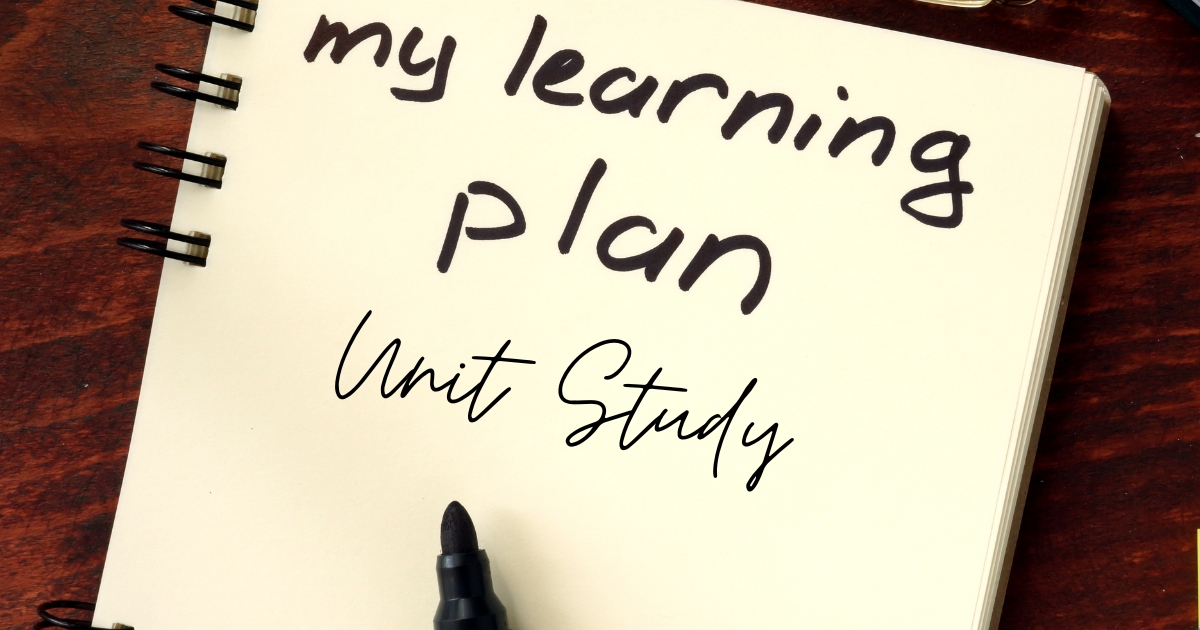As a parent, you are likely always looking for ways to help your child succeed. You want to be there to support them as they grow and learn new things. You also want to make sure they are hitting the milestones they should be when learning new skills. But one area that can be especially tricky to navigate is math.
Math milestones can be confusing, but don’t worry; we’re here to help! This post will outline what to expect as kids grow up regarding math skills. There are many different milestones for each grade, but we will cover some of the most important milestones and when you should expect them from your child. For example, as a parent, you will want to ensure your child understands the difference between 2-dimensional and 3-dimensional shapes in grades 1 and 2. Similarly, in grade 5, some milestones to look out for include being able to use more than one way to solve math problems.
Understanding what lies ahead can better support your child along their journey. So, read on for information on developmental milestones in mathematics and the strategies you can use to help your child excel!
A Strong Math Foundation
Each milestone is an important step in developing a solid math foundation. As a parent, it can be difficult to know where your child should be in terms of their education. But knowing what to expect as children grow up and during each grade can help you recognize if your child is struggling. If your child appears to be behind, math tutoring is a great way to keep them on track to hit their milestones.
Math builds upon the concepts learned the previous year, so before your child reaches a new milestone, they must first accomplish the task currently at hand. In other words, if your child is going into grade 4, but they haven’t mastered the concepts learned in grade three, they may miss milestones and struggle.
Math Milestones
The following guide can be used to monitor if your child is reaching their milestones. Every child is different and may learn at a different pace, so it is crucial to reach out to your child’s teacher if you are concerned about their progress in their math studies.
Grades 1 – 2
- Name basic shapes
- Understand the difference between two- and three-dimensional shapes
- Read digital and analog clocks using words such as ‘half-past’ and ‘quarter to’
- Do basic subtraction and addition up to 20
- Use mathematical language to convey thought and solution
- Predict what comes next in a pattern
- Count to 100 by ones, twos, fives, and tens
- Right and recognize the numerals 0 to 100
- Right and recognize the words for numbers from 1 to 20
- Describe probability in everyday situations
Grade 3
- Understand money amounts (e.g. four quarters in a dollar)
- Understand place value and solve problems with decimal points
- Create a number equation or sentence from a word problem
- Use mathematical language to convey thought and solution
- Count forward and backward from various starting points
- Know how to do division and multiplication with help from fact families
- Understand how addition and subtraction are inverse operations (e.g., 3+5= 8 and 8-3=5)
Grade 4 – 5
- Be able to use more than one way to solve problems
- Start applying math concepts to the real world
- Use mathematical language to convey thought and solution
- Compare numbers using greater and less than symbols
- Write and compare fractions and decimals and put them in order on a number line
- Start two-and three-digit multiplication
- Add, subtract, multiply and divide money amounts
- think in a multiplicative way (e.g., if a 3 kg dog grows to 6 kg and a 10 kg dog grows to 13 kg – some may see them as growing by the same amount (that is additive thinking), the first dog actually doubled their weight which is multiplicative thinking)
- Name various types of triangles and quadrilaterals
Grades 6 – 8
- Use coordinates to find points on a grid
- Work with basic geometric shapes, including angles, lines, and types of triangles
- Begin basic algebra with one unknown number
- Use mathematical language to convey thought and solution
- Use formulas to integrate math concepts and solve complicated problems
- Use formulas to calculate and understand the relationships between perimeter, area and volume of shapes
- Ability to estimate and make sense of answers when using operations with fractions
- Use proportional reasoning to solve problems involving rates, ratios and percentages
- Understand that numbers can be represented in various ways like decimals, fractions, bases, and variables
Highschool
- Use numbers in real-life situations
- Use algebraic reasoning to estimate, think about, and solve mathematical relationships
- Use mathematical language to convey thought and solution
- Begin to understand how math ideas build on one another
- Use maps, graphs, or other representations to learn and convey information
- Begin to see that some math problems don’t have real-world solutions
Keeping Your Child On Track
Math milestones are important not just for children but for parents too. By understanding what math skills your child should be mastering at what age, you can ensure that they’re on track and help them if they’re struggling. But keep in mind that these milestones are just a general rule. Math skills can be dependent on visual abilities, working memory, and language.
While these are just general milestones to watch for, there are some “tried and tested” tips for helping children achieve them, including:
- Praise your child for being involved in math activities.
- Encourage your child to ask for help if they are struggling.
- Include math activities in daily life.
- Enroll your child in Dropkick Math Academy!
A Different Type Of Math Tutor
Dropkick Math understands where children should be with their understanding of mathematics. We are a tutoring company that differs from others by getting to the root of any misunderstandings your child may have about math. All of our instructors are certified Ontario teachers who know how to assess children to ensure they hit the milestones with their peers. Other traditional tutors tend to only work on the problem at hand, but this will not help the child progress in their math skills.
If you are searching for math help online, look no further. We offer fun and engaging programs your child will look forward to each week. Our programs aim to build confidence and teach children to enjoy math while hitting those important milestones.
Check out our programs today!





